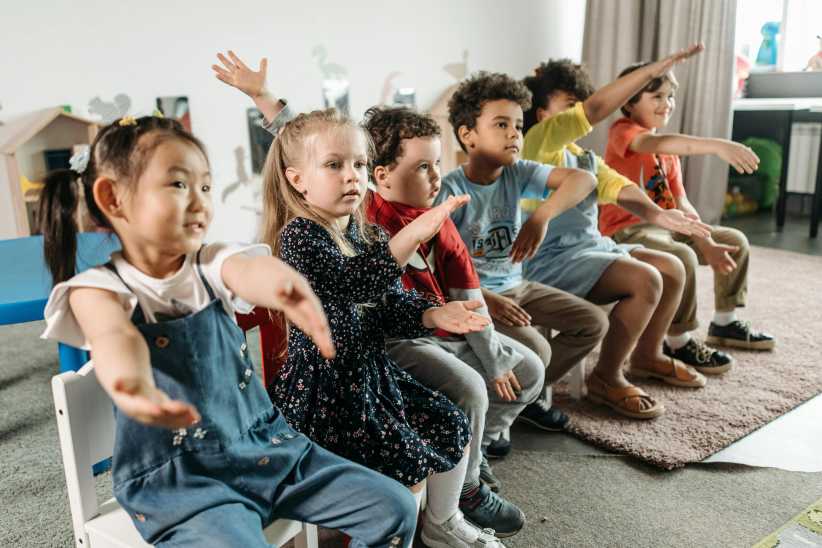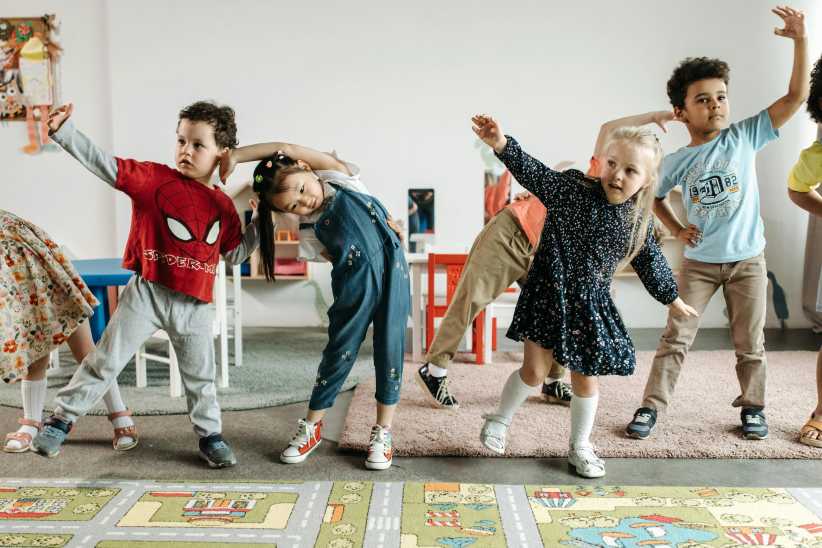
Are you starting to think about overnight camp but don’t know where to begin your search? With so many camps to choose from, it’s hard to narrow down the choices. For over 20 years, Renee Flax, camper placement specialist for the American Camp Association, New York and New Jersey, has been helping parents find the right day, overnight, and specialty camps for their children. We sat down with her to find out what parents should really focus on when trying to find the perfect camp for their child.
What is the first thing parents should do when beginning their research?
Take the time to think about what you actually want the camp experience to look like. Consider who your child is, what your family is like, and ideally what the camp should be offering. Consider the values of each camp and what types of families are attracted to the camp. Remember to not only think about the first summer your child will attend camp but subsequent summers as well. You don’t want to be changing camps every year or two, so you want to pick a camp that will allow your child to grow and develop as he or she gets older.
What is the best way to research a camp?
Now that you have thought about what you are looking for, you can begin to do your research. A good starting point is the American Camp Association, New York and New Jersey website (acacamps.org) to search by location, price and type of camp. Families can also call me for free individual and personalized advice. I always love speaking with families and helping them sort through the many choices to assist them in finding the perfect camp for their child and family. Camp fairs are also a great way to learn more about a camp because you get to meet people from a number of camps all within a short period of time. It’s always good to speak with friends and family about which camps they like, but be careful when you do this—if their children are very different from yours or their family values don’t align with yours, than you might not be interested in the same camps.
What questions should parents ask the camp director?
It is very important that you know who the camp director is and whether or not you feel comfortable with them and the philosophy they have about their camp. Keep in mind that the camp director is the final arbiter when making decisions about the camp. If you have questions or concerns while your child is at their camp, is this a person you would like to be talking to? Do you feel that they understand you and your child? I recommend parents ask the camp director many questions to allow them to get a feel for the camp and director.
Ask the camp director what they consider to be a successful summer for a child at their camp.
Ask them how long they have been at the camp, how they train their staff, how they resolve issues during the summer.
Ask them for a home visit or ask about touring the camp. You want to have as much insight as possible into who they are and how they run their program.
Should parents choose a camp just because a friend’s child goes there?
No! First, your friend chose the camp because it was the right choice for their child. That doesn’t mean that your child will like it as much or that it is even the best choice. A child ideally should go to camp on their own–without friends from home. This is particularly important when attending an overnight camp. A child going to camp without a home friend will learn to make new friends and not rely solely on someone they already know. The idea of going to camp is to grow, mature and gain independence. This is difficult to do if you are not going to camp on your own.
I always tell parents that going to camp with a friend can often ruin friendships–both with the parents and the campers. If one of the campers opts to pick a different camper in the bunk to be their best buddy, you child’s feelings can get hurt. And if conversely, your child meets a new child at camp who they enjoy spending time with, this might hurt their friend from home.
What is the right amount of time to send a child to camp?
This all depends on your child and the needs of your family. For some people, sending their child to camp for more than a few weeks is not feasible due to other family commitments. But in general, two weeks should be the minimum. That is the least amount of time it requires a child to feel a part of the camp, get to know the campers and counselors and truly enjoy the activities.
[gravityform id=”17″ title=”false” description=”false” ajax=”true”]
Less than two weeks is really a vacation but not a true camp experience. Your child will have fun but won’t be getting the true benefits of a camp program.
Camps can be two, three, four, five, six, seven, and even eight weeks. If you are a family with two working parents and do not have good child care options at home then you may want to consider the longest amount of time possible. You also have to consider your child as he or she gets older. When choosing a camp for a 7-year-old, a shorter session might sound like the best option but you have to consider the amount of camp you want your child to go in the long run. Think about your family, how you spend the summers, how independent your child is and what the best fit is for all of you.
How important is it to tour a camp?
Touring a camp is a great way of seeing what camp is like in real time. Videos and websites will give you a lot of information but seeing a camp while it is in session will show you exactly what happens at that camp. Not all families can take the time to visit camps during the summer. Although some families do visit camps when they are not operational, keep in mind that it may be hard to envision camp in session. It may be better to arrange for a home visit from the camp director. They will be happy to meet with you and your family at a mutually convenient time and it’s a relaxed and informative experience where kids feel free to ask questions and where you as the parent can get a good sense of how this director will deal with your child while at camp.
How do parents know if they should choose an elective or structured program?
A lot of this has to do with your child. If you think your child wants a program where they do a little bit of everything and travel with their bunk, then a structured program is best. However, if you have a child who will want to make their own choices and is independent and mature enough to travel from one activity to the next without the benefit of a bunk that travels together, then an elective program could be a good choice. There are also camps that have a true combination of both programs. The morning may be with the bunk or their division and then the afternoon is elective. This is often a good compromise for the parent who prefers structure and the child who wants choice.
Should parents ask for references?
Yes! A great way to learn about the reputation of the camp is to ask the director for references of other families whose children were at their camp the previous summer. Parents are helpful with each other and want to share their thoughts and ideas with you. If you have a third grade girl, then ask the camp to speak with the parent of a child who is also a third grade girl so you can ask specific questions about their experience.
Co-ed, Single-Sex & Brother/Sister Camps: What Makes Them Different
There are many factors to consider when choosing a camp for your child. One is whether to send your child to a co-ed, single-sex or a brother/sister camp. Here are the key differences between these camps to help families decide which is right for their child.
Single-Sex Camp
Single-sex camps are comprised of children of the same sex. Many single-sex camps focus on certain activities, whether it’s sports or the arts, because camps are able to center their program on the interests of just one sex. Although campers spend their daily activities, evening activities, and special events with children of the same sex, single-sex camps often have regular socials with nearby camps of the opposite sex. The number of socials with another camp usually increases with the age of the campers.
Co-ed Camps
Co-ed camps have many or all shared facilities between the boys and the girls, including the dining hall, waterfront, and sports fields. There is a clear separation of boys’ and girls’ bunks on camp. Even though co-ed camps have shared facilities, it doesn’t necessarily mean that all daily activities are co-ed. Each co-ed camp is different: some camps have some co-ed daily activities, other co-ed camps keep daily activities separate, but the boys and girls come together for meals, some evening activities, canteen, and special events like carnival, color war, and off camp trips.
Brother/Sister Camps
Brother/sister camps are two camps on the same property or close by to each other. They often have the same owners; however, each camp has its own traditions while also sharing some between the two camps. The camps have separate facilities including different waterfronts and dining halls. Boys and girls participate in separate activities during the day just like they do at single-sex or co-ed camps, but at many brother/sister camps, boys and girls come together for meals, special events and some evening activities. Many brother/sister camps also schedule special sibling activities so brothers and sisters have a chance to see each other and spend time together on a regular basis during the summer.

















